Introduction
You may have experienced a strange jeep grand cherokee front end clicking if you own the Cherokee. This issue is common and can be caused by various factors. In this article, we’ll explore the possible causes of jeep grand cherokee front-end clicking, the signs and symptoms of the problem, and what steps you can take to diagnose and repair it. We’ll also cover some preventative maintenance tips to help you avoid this issue in the future.
It’s essential to address any problems with your vehicle as soon as possible, and front-end clicking is no exception. Not only can it be an annoyance, but it can also lead to more severe issues if left unchecked. By understanding the causes and symptoms of front-end clicking, you can take the necessary steps to keep your Jeep Grand Cherokee running smoothly and safely.
What Causes Front End Clicking in Jeep Grand Cherokee?
If you’ve been experiencing a clicking sound coming from the front end of your Jeep Grand Cherokee, it’s likely caused by one of the following issues:
Worn Out CV Joints
CV (constant velocity) joints are part of your vehicle’s front axle assembly and allow for smooth rotation of the wheels. Over time, the protective rubber boots around the CV axle joints can become damaged or cracked, causing the joints to wear out and produce a clicking noise.
Damaged Wheel Bearings
Wheel bearings are crucial components that allow your wheels to rotate smoothly. If the right or left front wheel bearing becomes damaged or worn out, it can produce a clicking or grinding sound when the vehicle is in motion.
Loose or Worn Suspension Components
Your vehicle’s suspension system is responsible for providing a smooth and stable ride. If any of the components, such as control arms, bushings, or ball joints, become loose or worn, they can produce a clicking or clunking sound.
Brake Pad Issues
If the brake pads on your vehicle are worn out or damaged, they can produce a clicking noise as they shift around when you apply the brakes.
By understanding the possible causes of front end clicking in Jeep Grand Cherokees, you can narrow down the issue and take the necessary steps to address it. In the next section, we’ll explore the signs and symptoms of the problem to help you identify it more easily.
Signs and Symptoms of Front End Clicking in Jeep Grand Cherokee
Front end clicking in Jeep Grand Cherokees can be accompanied by several signs and symptoms that can help you identify the problem. Here are some of the most common ones:
Clicking Sound: The most obvious sign of front end clicking is a repetitive clicking sound coming from the front end of the vehicle. The sound may become more pronounced as you accelerate or turn the vehicle.
Vibration in Steering Wheel or Brake Pedal: If you feel a vibration in the steering wheel or brake pedal when you accelerate or turn, it may be a sign of front end clicking. This could be caused by the CV joints, wheel bearings, or suspension components.
Difficulty Turning or Braking: Front end clicking can also make it harder to turn or brake your vehicle, especially at low speeds. This could indicate an issue with the wheel bearings or suspension components.
Uneven Tire Wear: If you notice that your tires are wearing unevenly, it could be a sign of front end clicking. This is often caused by misaligned wheels or worn suspension components.
If you’re experiencing any of these signs or symptoms, it’s important to have your vehicle inspected by a professional mechanic. They can diagnose the problem and recommend the appropriate repairs. In the next section, we’ll explore the diagnosis and repair of front end clicking in Jeep Grand Cherokees.
Diagnosis and Repair of Front End Clicking in Jeep Grand Cherokee
If you’re experiencing front end clicking in your Jeep Grand Cherokee, it’s important to diagnose and repair the issue as soon as possible to prevent further damage to your vehicle. Here are some steps that you can take to diagnose and repair front end clicking:
Visual Inspection: The first step in diagnosing front end clicking is to perform a visual inspection of the vehicle. Look for any signs of wear or damage to the CV joints, wheel bearings, suspension components, or brake pads.
Test Drive: Take your Jeep for a test drive to identify when the clicking sound occurs and under what conditions. This can help pinpoint the cause of the issue and determine if any other symptoms are present.
Component Replacement: Depending on the cause of the front end clicking, you may need to replace one or more components. This could include replacing the CV joints, wheel bearings, suspension components, or brake pads.
Professional Mechanic or DIY Repair: If you’re experienced with vehicle repairs, you may be able to tackle the repair yourself. However, if you’re unsure or uncomfortable with the repair, it’s best to seek the assistance of a professional mechanic.
Keep in mind that front end clicking can be caused by several different issues, so it’s important to accurately diagnose the problem before attempting any repairs. If you’re unsure of what’s causing the clicking sound or how to fix it, consult with a trusted mechanic or dealership for assistance.
Front-end clicking in Jeep Grand Cherokees is a common issue that can be caused by several different factors. By understanding the possible causes, signs and symptoms, and diagnosis and repair methods, you can address the problem quickly and effectively to keep your vehicle running smoothly.
Preventative Maintenance for Jeep Grand Cherokee
Preventative maintenance can help prevent front end clicking from occurring in your Jeep Grand Cherokee. Here are some tips to keep your vehicle running smoothly.
Regular Inspection of Suspension and Steering Components: Perform regular visual inspections of your suspension and steering components to check for signs of wear or damage. This can help identify any issues early on before they turn into bigger problems.
Lubrication of CV Joints and Wheel Bearings: Regularly lubricate your CV joints and wheel bearings to help prevent them from becoming worn or damaged. This can help extend the life of these components and prevent the need for costly repairs.
Proper Tire Maintenance: Ensure that your tires are properly inflated and rotated on a regular basis. This can help prevent uneven tire wear and keep your vehicle running smoothly.
Timely Repairs: Address any issues with your vehicle promptly, whether it’s front-end clicking or any other problem. Timely repairs can prevent small issues from becoming larger and more expensive problems.
By following these preventative maintenance tips, you can help keep your Jeep Grand Cherokee running smoothly and prevent front-end clicking from occurring in the first place. It’s important to stay on top of maintenance and address any issues promptly to ensure that your vehicle stays safe and reliable for years to come.
Front-end clicking in Jeep Grand Cherokees can be a frustrating issue to deal with, but with the right diagnosis and repair methods, you can address the problem quickly and effectively. By practicing preventative maintenance and staying on top of repairs, you can help prevent front-end clicking from occurring in the first place and keep your vehicle running smoothly for years to come.
Conclusion
Front end clicking in Jeep Grand Cherokees can be caused by a variety of issues, including a worn-out CV joint, damaged wheel bearings, loose suspension components, and brake pad issues. The symptoms of front-end clicking can include a clicking sound, vibration in the steering wheel or brake pedal, difficulty turning or braking, and uneven tire wear.
If you suspect that your Jeep Grand Cherokee has front-end clicking, it’s important to diagnose and repair the issue promptly to prevent further damage and ensure the safety of your vehicle. Diagnosis and repair methods may include a visual inspection, test drive, component replacement, and seeking professional help from a mechanic if needed.
Preventative maintenance is also key to preventing front-end clicking from occurring in the first place. This includes regular inspections of your suspension and steering components, lubrication of your CV joints and wheel bearings, and proper tire maintenance.
By following these tips and staying on top of maintenance and repairs, you can help keep your Jeep Grand Cherokee running smoothly and prevent front-end clicking from occurring. Don’t hesitate to seek professional help if you need it, and remember to address any issues with your vehicle promptly to ensure its safety and reliability.
We hope this article has been helpful in providing information on front-end clicking in Jeep Grand Cherokees. If you have any questions or concerns, feel free to reach out to a trusted mechanic or automotive expert for assistance.

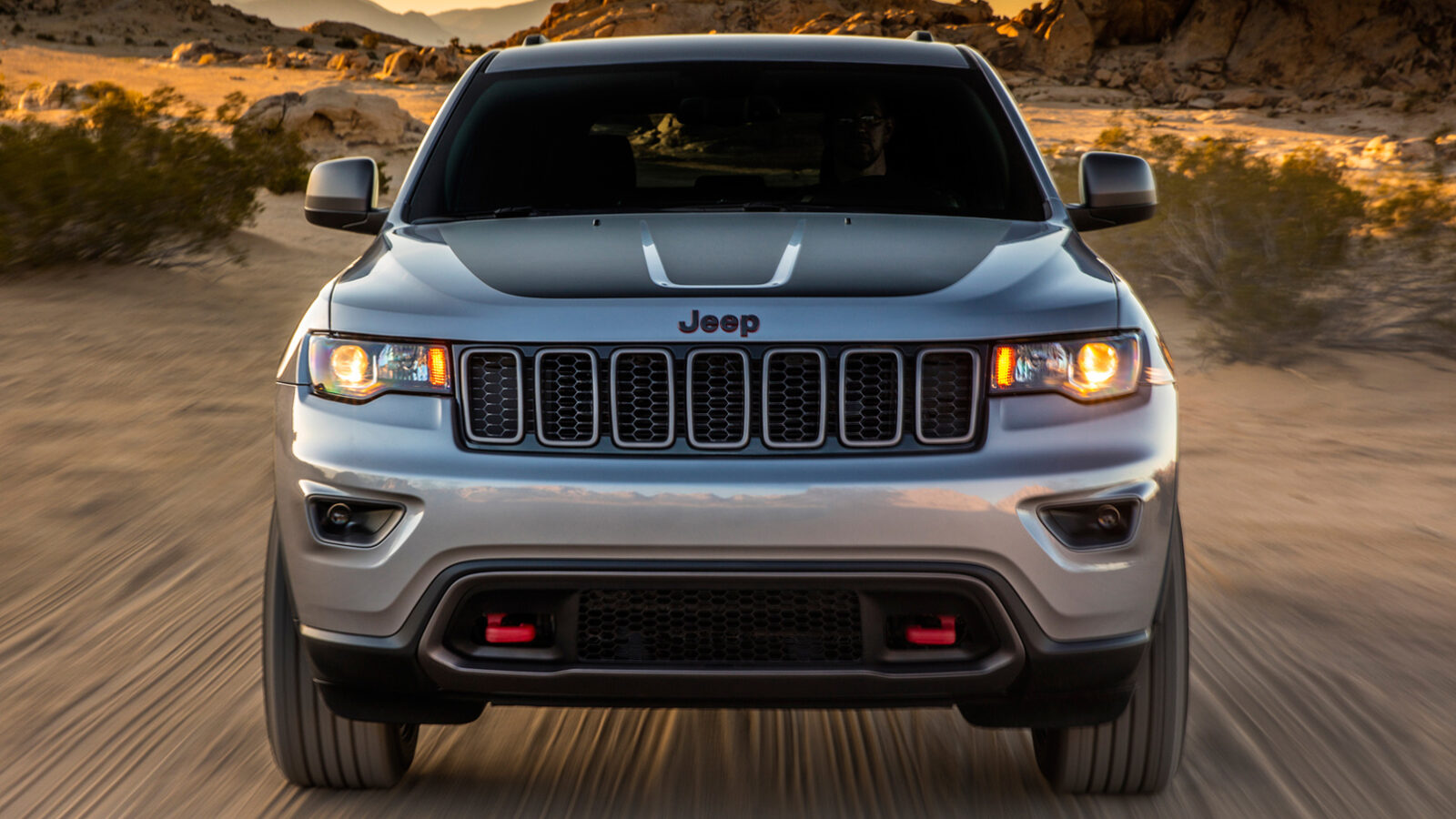
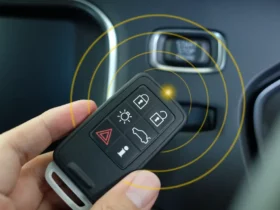
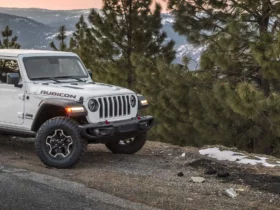
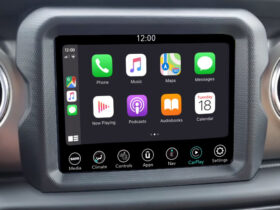
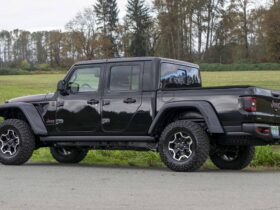
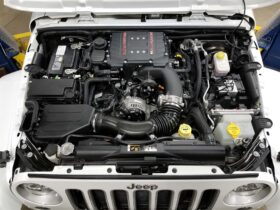
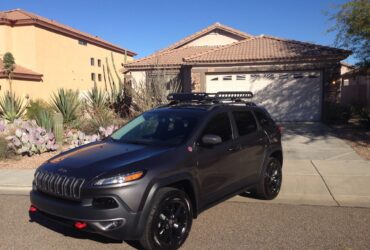
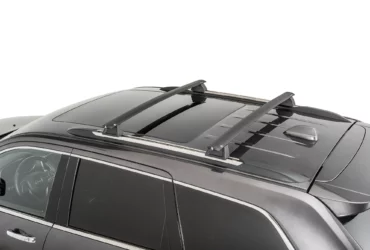
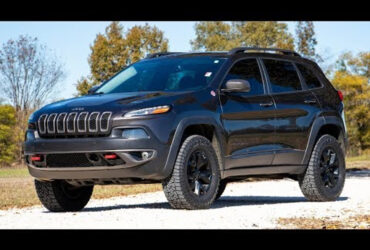
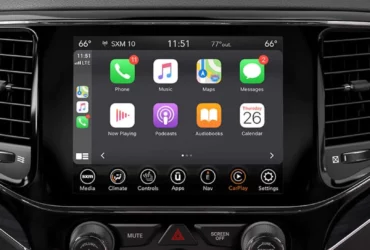
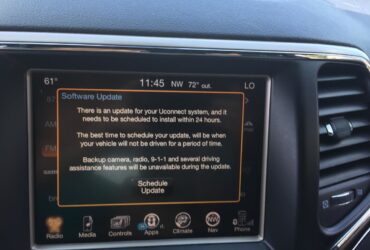
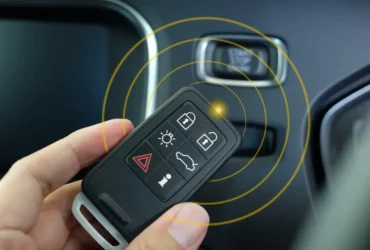
Leave a Reply